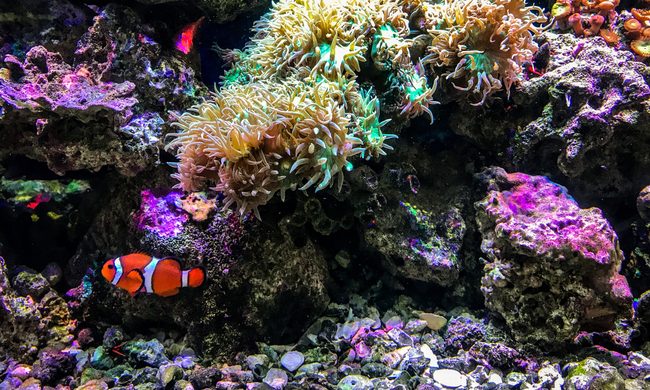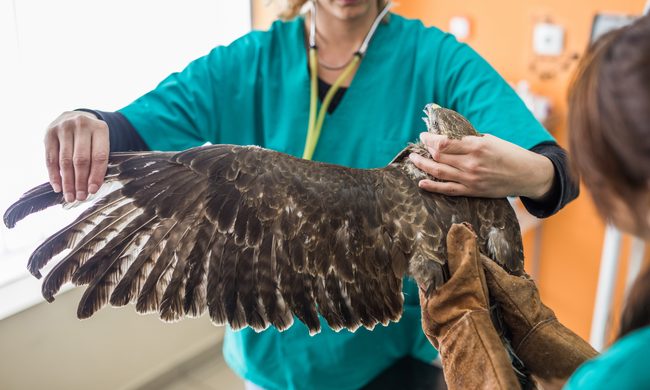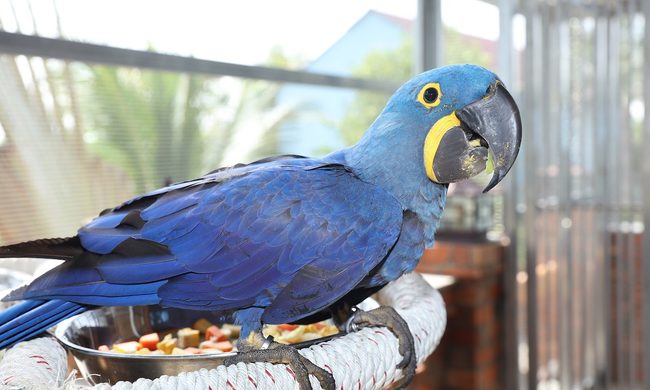Some like dogs and some like cats, but there’s a whole other category of people who enjoy a different kind of pet. Sometimes it’s not a furry animal that completes your home, but a little something else. Birds, lizards, turtles, and snakes all can make perfect companions for the right person with the right setup. But don’t jump into reptile ownership without giving it a thorough examination first — there’s a lot that is tricky about taking care of these creatures. As always, you need to research “turtles as pets” carefully, including the downsides, before you decide to become a Testudine parent.
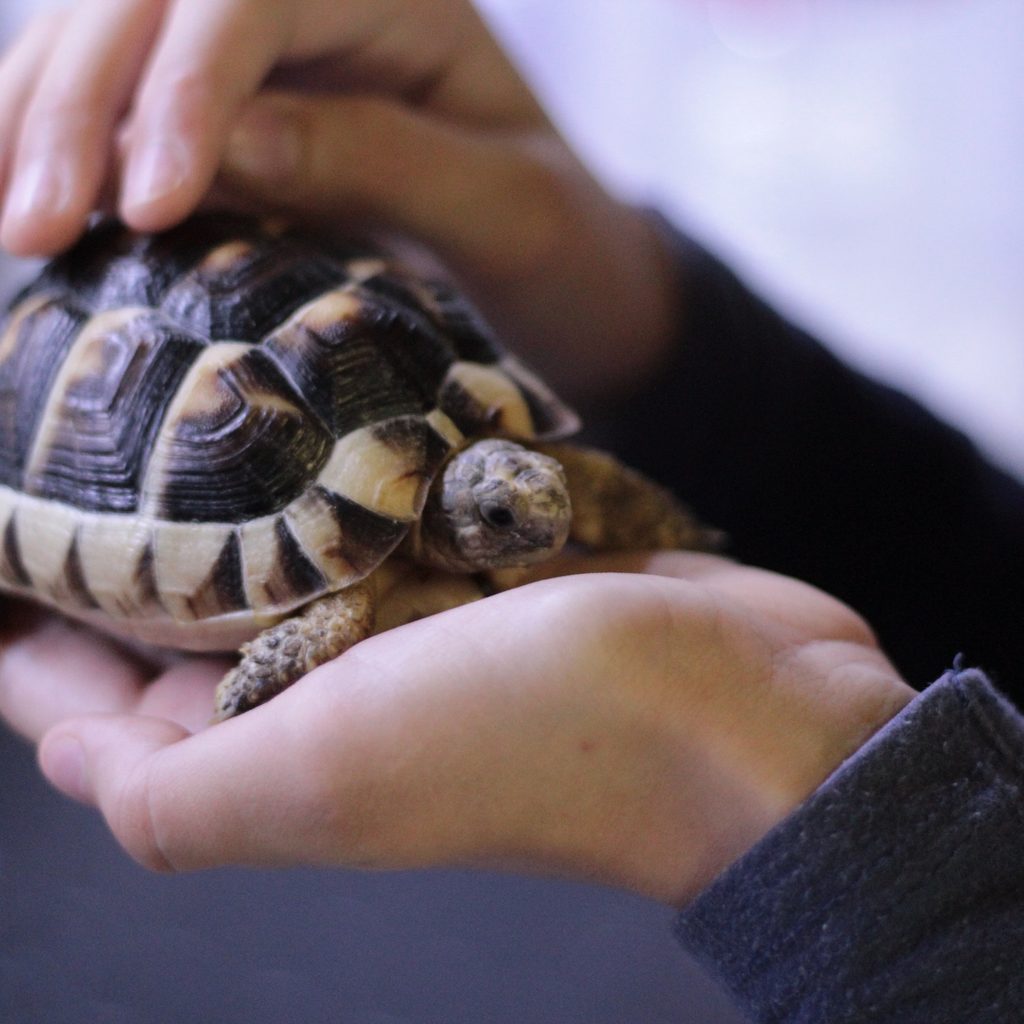
What types of turtles make for good pets?
In order to choose the right little guy, you first need to make a big decision: land or sea? Of course, all turtles need some amount of water, but aquatic species live almost entirely in rivers or ponds while terrestrial species spend most of their time on the ground. From there you can narrow it down depending on the size of animal you want to keep and the conditions you feel able to maintain. Two common varieties that we recommend are the red-eared slider and the box turtle. You’ll still have choices to make as you’ll find variety when you go to the breeder or pet store to find your new shell-friend.
What does your pet turtle need to stay healthy?
Before you even bring your pet home, you’ll have to get a new enclosure ready for him. Exact needs vary by animal, but you’ll want a body of water, adequate substrate, a UV lamp, and a basking area. For an aquatic turtle, your tank will look more like an aquarium with a few good pieces of land that enable them to climb out and warm up in the artificial sun. Lastly, don’t make the mistake of getting a tiny tank just because your baby turtle looks small now. An adult needs 10 gallons for every inch of their shell.
Additionally, you must feed your turtle a varied diet. Since turtles are omnivores they need a little of this and a little of that in order to stay healthy. For meat, that means feeder insects or fish along with commercial pellets. Never source these from the wild as you might bring diseases in with the food. In terms of fruits and veggies, provide collard greens and bananas as supplements. Most importantly, mix it up so they never get sick of eating the same meal.
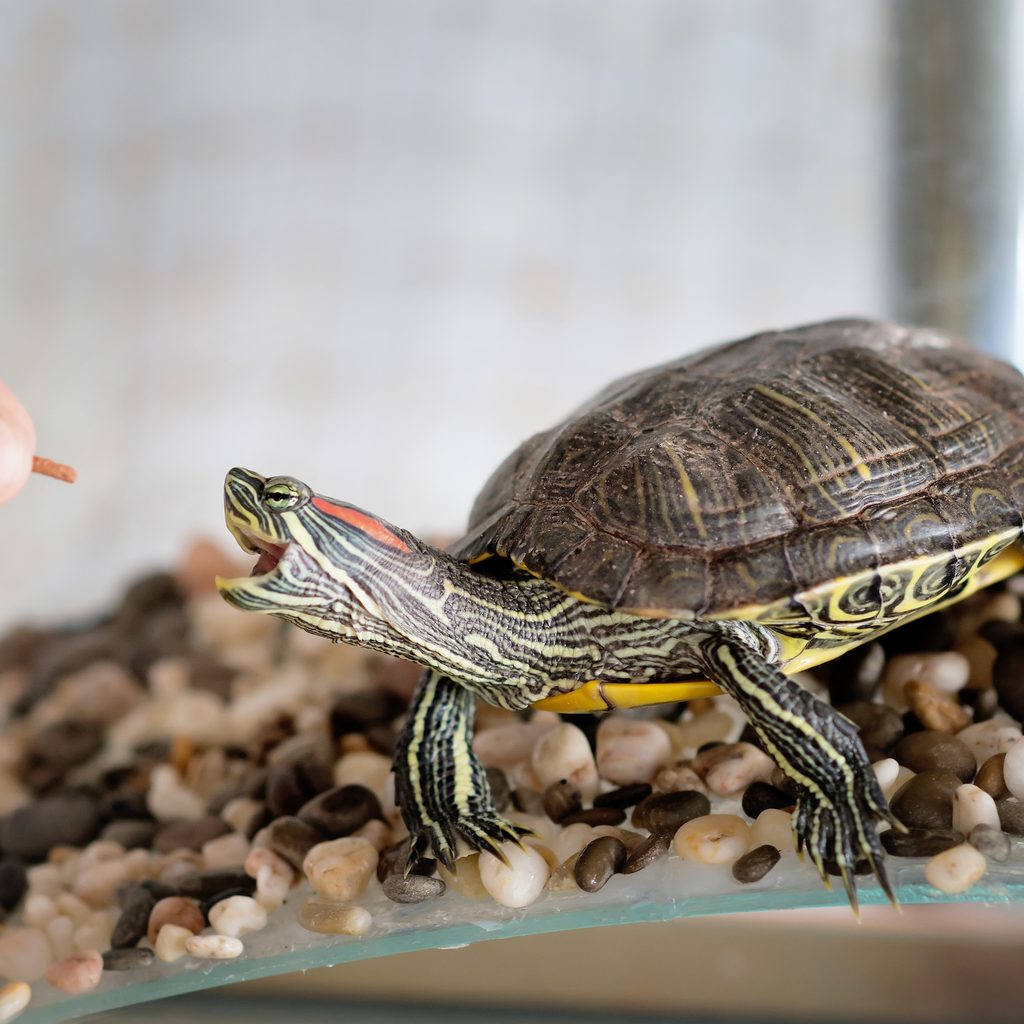
Why is turtle ownership tricky?
While there are wonderful aspects of taking care of this ancient creature, a few things stand out that make turtle ownership uniquely difficult.
They live a long time
And we mean really long. Some large tortoise species have supposedly made it to their second century (though there’s some doubt about the veracity of those claims). We can confirm centenarian turtles though. Keep in mind the species you keep as pets will almost certainly not live to see the 22nd century. You’re looking at likely 40 years and even 50 in some species. Yes, that means your scaly friend may very well outlive you. People actually do will their water-loving pets to family members, similarly inclined friends, or specific rescue groups who are able to place them. No one likes thinking about the end of their lives, but it’s crucial that we prepare for our pets if we are no longer able to provide care. Taking in an animal means committing for life, and sometimes that’s their life span and not yours.
Turtles can carry disease
Many turtles carry salmonella and have made their humans very sick after contracting it. While it doesn’t harm the reptile, salmonella can easily pass to you while feeding, handling, or cage cleaning. It’s crucial that you wash your hands every single time you come into contact with your aquatic pet. Because of this, you might limit touching or holding her and instead enjoy watching your creature. For people with compromised immune systems, even with precautions it probably isn’t safe, and you will likely need to select a different pet.
Don’t let these things discourage you — with enough careful planning and proper safety measures, a pet turtle can be the ideal addition to your home. They are fun to watch and interesting to learn about. Some owners have even successfully taught their turtles basic tricks, and many show affection for their people in their own way. While not a conventional pet, for the right home they fit in just as well as any furry friend.


